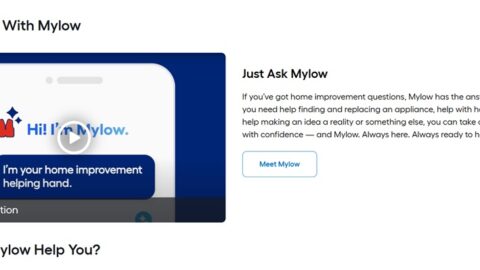The Retail Industry Leaders Association has partnered with Optera to launch the Direct-Use Product Emissions Database (DPED), to provide retailers and their suppliers with an aligned database for quantifying greenhouse gases emitted during use by appliances, electronics and power equipment. The DPED’s goal is to foster uniform metrics for comprehending and managing scope 3, category 11 direct-use emissions across the industry.
The DPED contains emissions data for more than 180 consumer and commercial product types, including top-load washing machines, coffeemakers, air conditioners, lighting fixtures and chainsaws. The database provides annual and lifetime emissions figures for each product type along with data quality flags. Managed by Optera, the DPED solution consolidates usage and emissions factor data and assumptions from nearly 100 disparate sources to enable consistent and comparable scope 3 emissions reporting at the product category level. Future versions of the database will include additional product categories relevant to a variety of industries and use cases.
An Industry-Powered Initiative
The DPED’s development grew out of a strategic partnership between RILA and Optera announced in January 2024, and it has been shaped by input from retailers including Lowe’s, Best Buy, The Home Depot, Target, Tractor Supply Company, Wayfair and Williams-Sonoma, along with an ex officio committee of organizations including the European DIY Retail Association, the U.S. Environmental Protection Agency, Energy Star and the EPA Center for Corporate Climate Leadership.
“Driven by product information from leading retailers and with Optera’s expertise, DPED is designed to solve for a common challenge among companies committed to reducing their direct-use products’ emissions impact — a gap in consistent and comparable data,” said Erin Hiatt, VP for Corporate Social Responsibility at RILA in a statement.
The database will be updated and licensed on an annual basis, but for its first year, retailers and other organizations using the DPED for their own calculations will be eligible to use it for free. To support ongoing improvements, licensing fees will apply for organizations supporting multiple clients or incorporating the data into their commercial offerings.













